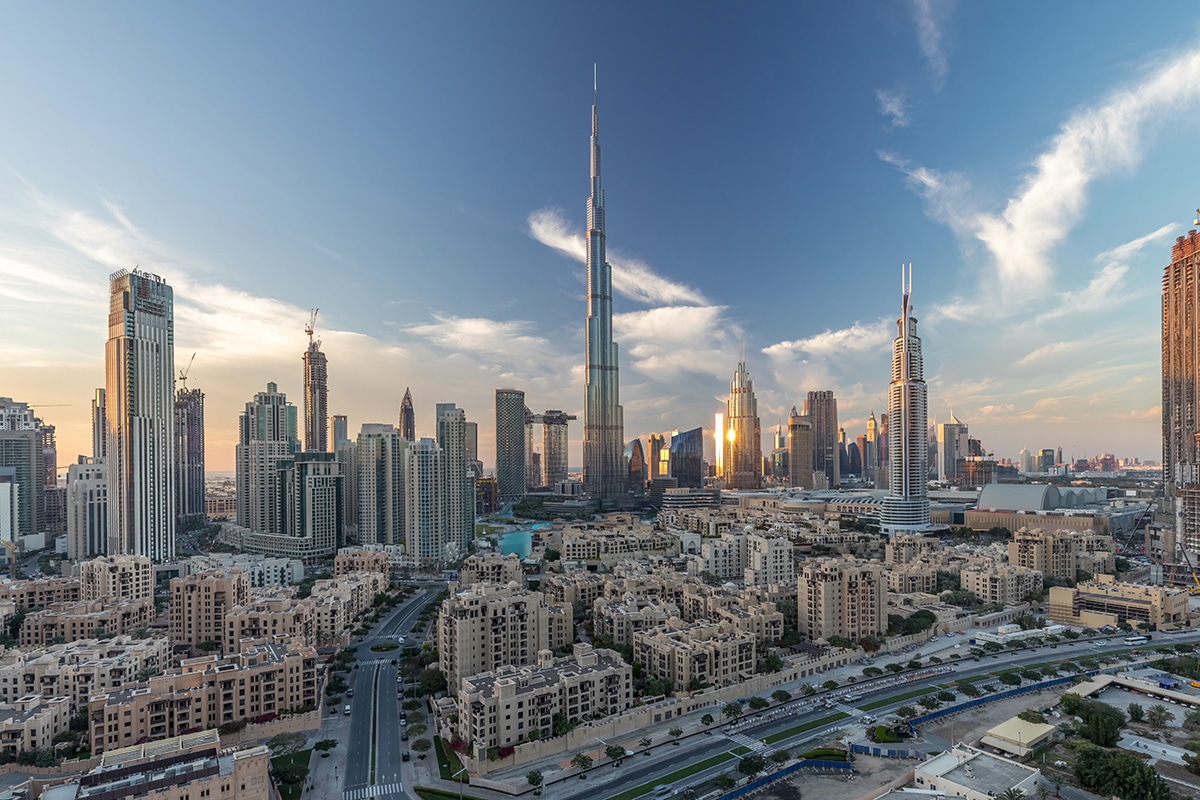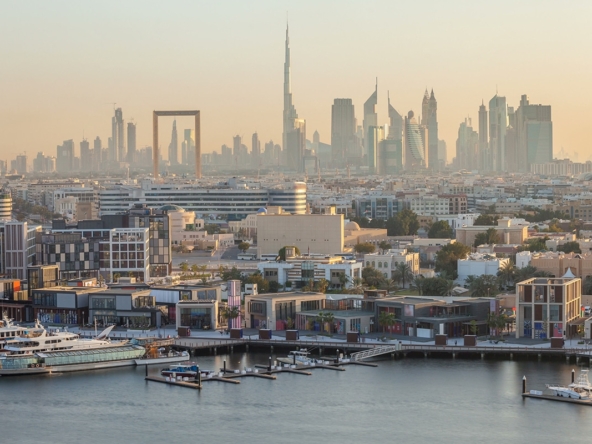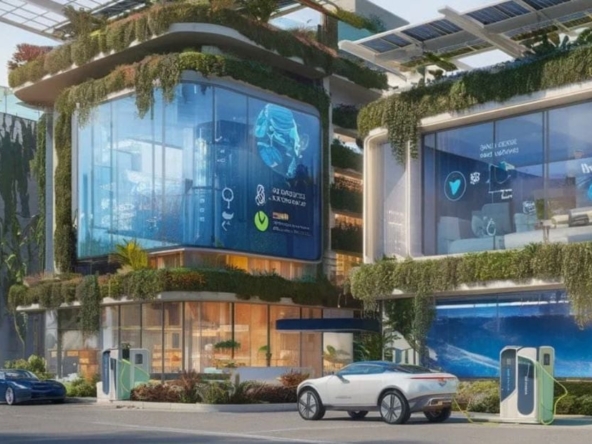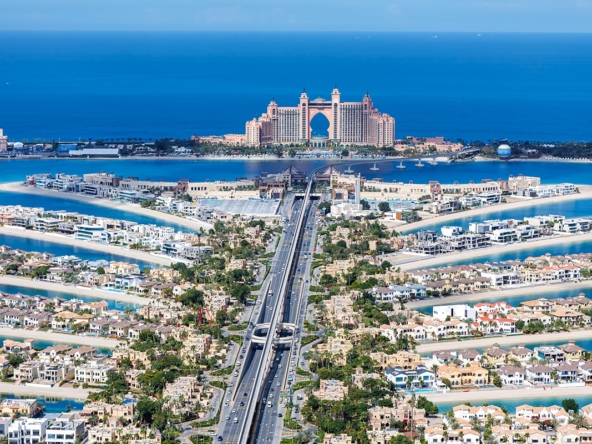The multifaceted approach looks set to enhance Dubai’s attractiveness among international investors
As a proud Emirati, I am immensely grateful for our nation’s forward-thinking leaders. The UAE has been operating at the forefront of world-class innovation and urban development for many years, and nowhere is this truer than in Dubai.
I was therefore delighted last month when Sheikh Hamdan bin Mohammed bin Rashid Al Maktoum, Crown Prince of Dubai and the UAE’s Deputy Prime Minister and Minister of Defence, announced a series of ambitious measures to maintain, strengthen and transform several of our Emirate’s most important sectors. As part of the Dubai Economic Agenda D33, Sheikh Hamdan approved initiatives related to transport, payments and heritage, as well as the Education Strategy 2033 and the Real Estate Strategy 2033.
As Managing Director of DAMAC Properties and Co-founder and CEO of Amali Properties, I live and breathe Dubai real estate. The combined efforts of our Emirate’s policymakers and commercial pioneers – including my father, Hussain Sajwani – have firmly established our Emirate’s property market as one of the best in the world. Naturally, this level of success has been achieved through the relentless pursuit of improvement, which is why I wholeheartedly applaud our leaders’ ambition to double our sector’s contribution to economic diversification over the next decade.
With this in mind, here are my key takeaways from Dubai’s Real Estate Strategy 2033…
Developing sustainable and cohesive communities
Dubai’s Real Estate Strategy 2033 is designed to grow property transactions in our Emirate to more than $272 billion (AED 1 trillion) within ten years. The development of sustainable and cohesive communities – with the potential to further improve quality of life, promote inclusivity and diversity, and strengthen the local economy – lies at the heart of this initiative.
More specifically, the plan aims to diversify Dubai’s real estate offering through the creation of affordable homes, increasing homeownership rates in the city to 33 per cent. It is also targeting a twentyfold uptick in the value of Dubai’s real estate portfolios, growing transactions by 70 per cent to achieve an overall figure in excess of $5.4 billion (AED 20 billion).
This multifaceted approach looks set to enhance Dubai’s attractiveness among international investors, expand its high-value and sustainable real estate assets, and deliver fresh inventory that caters to prospective buyers looking to get a foot on our Emirate’s property ladder.
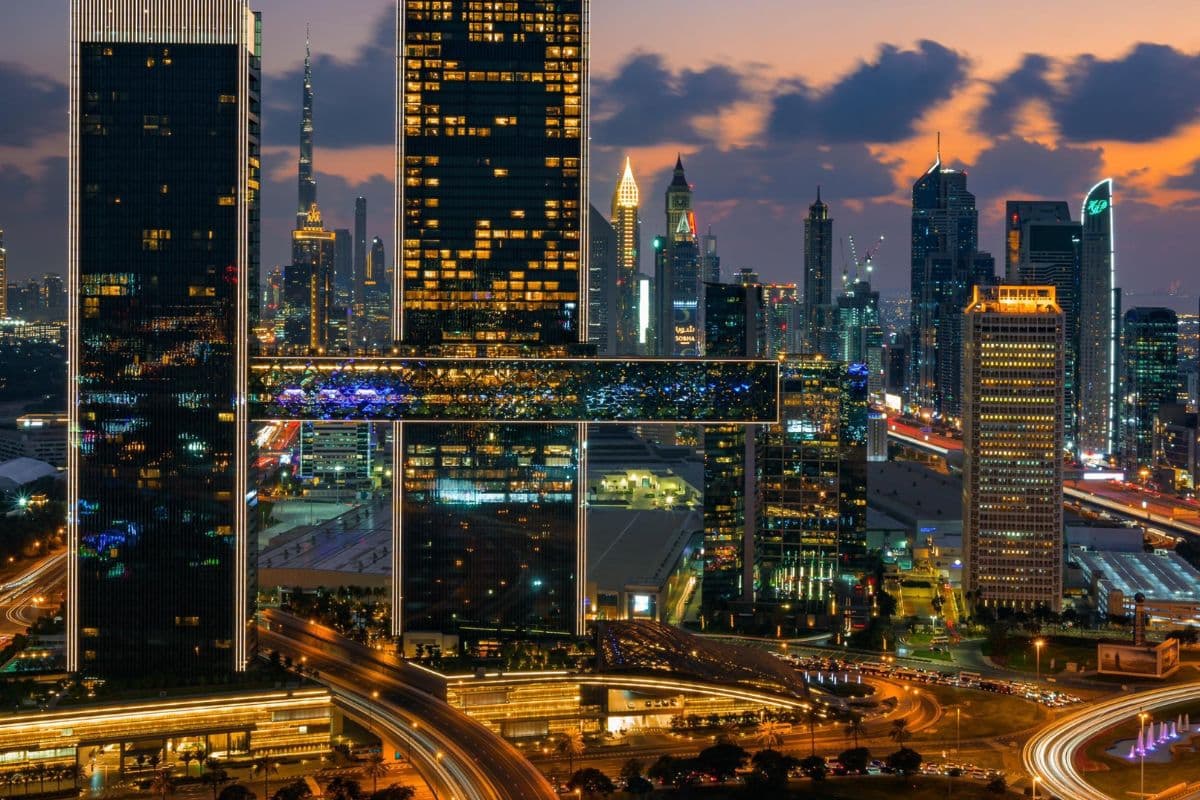
Capitalising on Dubai’s global appeal
Dubai has already established itself as a magnet for international property investors. In fact, it is estimated that foreign nationals hold approximately 43 per cent of the total value of all residential real estate in the city. Nevertheless, our leaders intend to further leverage our Emirate’s global appeal to drive even more overseas investment over the coming decade.
The Real Estate Strategy 2033 looks set to comprise a host of programmes designed to drive transparency, introduce new flexible visa options, and enhance the property investment experience for buyers and sellers alike. Coupled with the target of passing $272 billion in real estate transactions, the plan is likely to further cement our Emirate’s appeal among those looking for stable, long-term returns.
Put simply, the strategy will make Dubai’s real estate market even more attractive to foreign investors, reinforcing the virtuous cycle of financing and development that has gained momentum over recent decades.
Future-proofing the real estate market
In my opinion, one of the most impressive aspects of Dubai’s Real Estate Strategy 2033 is its focus on innovation. The plan explicitly sets out the need to raise the quality of developments, enhance transparency, improve market forecasting, integrate artificial intelligence (AI), centralise data and deliver high-grade assets.
At DAMAC Properties and Amali Properties, we strive to boost efficiency, drive productivity and continuously enhance the customer experience by harnessing technologies with the potential to empower our workforce. We understand that the real estate sector is constantly evolving, meaning the developers that thrive over the long term will be those that invest and adapt today.
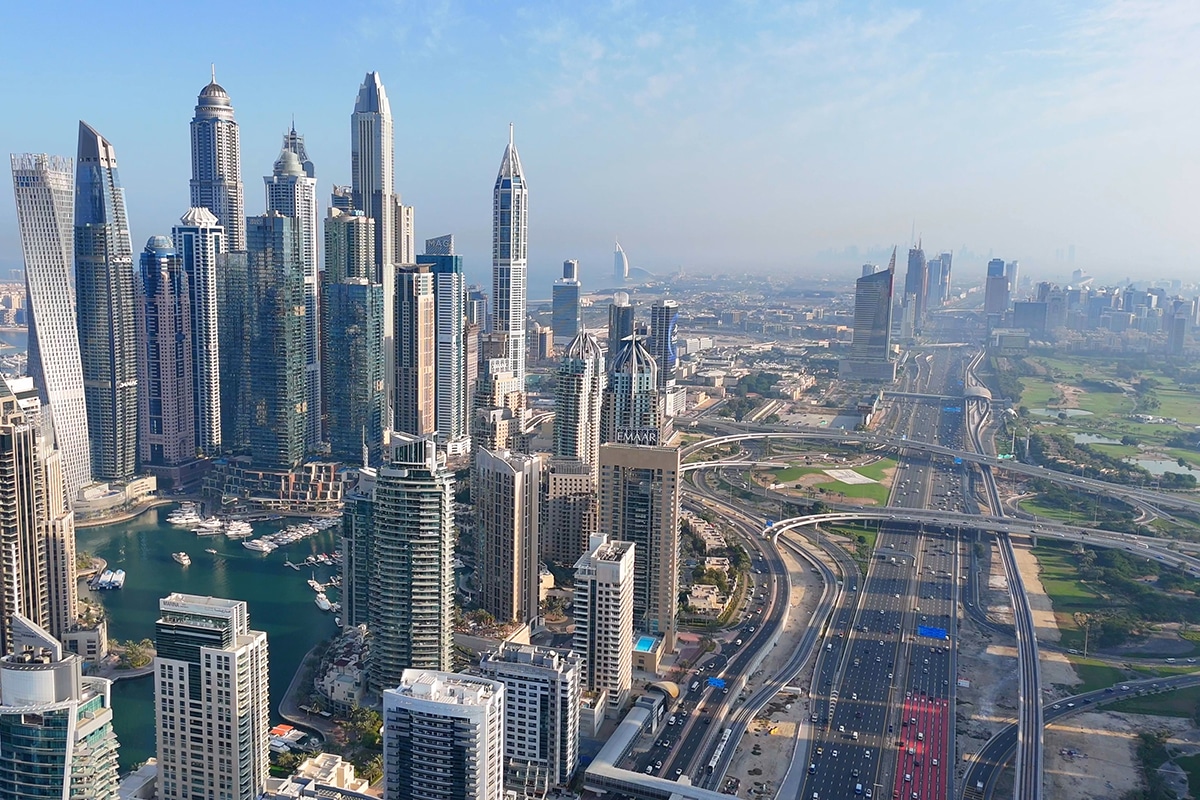
Innovation is ingrained in our DNA, so we would adopt this approach regardless of external factors. Nevertheless, the effective implementation of emerging technologies is far easier for commercial entities when they have the regulatory backing of policymakers at a national level. As such, the Real Estate Strategy 2033 will provide a framework within which forward-thinking developers can continue to modernise and future-proof Dubai’s already world-leading property sector.
Ultimately, the Real Estate Strategy 2033 and the other initiatives announced by Sheikh Hamdan in October serve as a potent reminder of our leaders’ visionary mindset. Dubai’s real estate sector may be the envy of the world right now, but there is no room for complacency.
To quote Sheikh Mohammed bin Rashid Al Maktoum, Ruler of Dubai and Vice President and Prime Minister of the UAE: “The race for excellence has no finish line.”
Sources...

